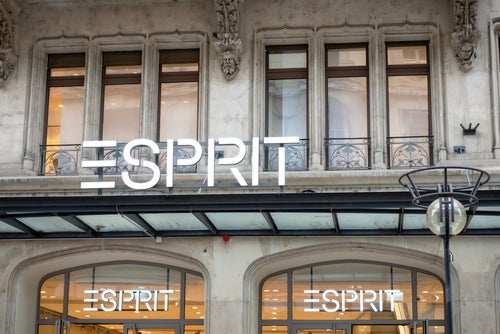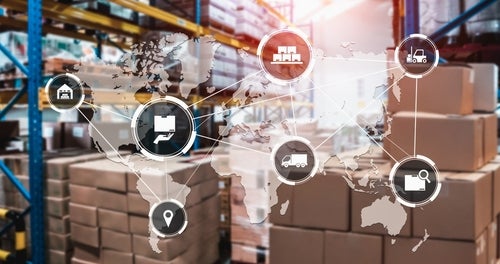DyStar has managed to reduce its greenhouse gas emissions intensity by almost half (45%) and its wastewater production intensity by 52% since 2011, according to the chemical supplier’s latest sustainability report.
The company’s greenhouse gas emissions intensity in 2022 was also 9% lower than in the previous year, according to the report. Wastewater production intensity was also 24% lower than in 2021.
DyStar also reports that its efforts to improve efficiency and streamline manufacturing have indirectly contributed to a 5.9% reduction in operating costs.
Despite what it calls a “challenging business landscape and economic situations,” DyStar says it remains committed to delivering “tangible values” through its integrated reporting framework.
Looking forward, the report notes that the largest concentration of DyStar’s environmental footprint is in its supply chain. To address this, the company has developed a letter for the top 80% of its suppliers based on relevant laws, industry standards and best practice. The letter also lists elements that are forbidden, discouraged or whose concentrations are not to be exceeded. DyStart says this process is “essential” for reducing the risk of supply chain contamination.
DyStar’s managing director and president of the group Xu Yalin says: “The report clearly showcases DyStar’s unwavering dedication to sustainability, reaffirming its role as both a manufacturer and supplier of innovative solutions in this field. DyStar’s value-creation model will continue to support our stakeholders, including brands and retailers, direct customers, and producers in their pursuit for a sustainable quality product that can help them save valuable resources as well as being climate-impact compliant.”
The report comes shortly after the launch of DyStar's Eco-Advanced Indigo Dyeing, which aims to reduce water usage by 90% and energy consumption by up to 30% throughout the production process.
Earlier this year, Dystar also announced plans to restructure its Ludwigshafen facility located in Germany, which it said will involve a diversification of production activity out of Europe and a reduction in manpower.















